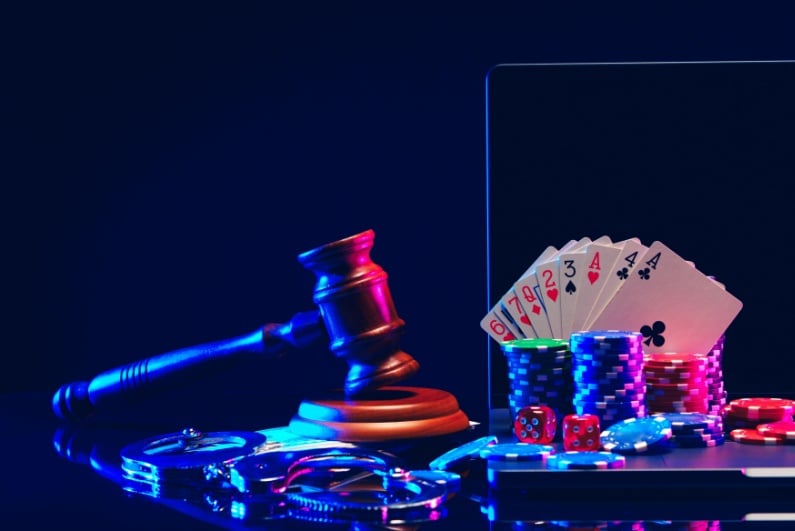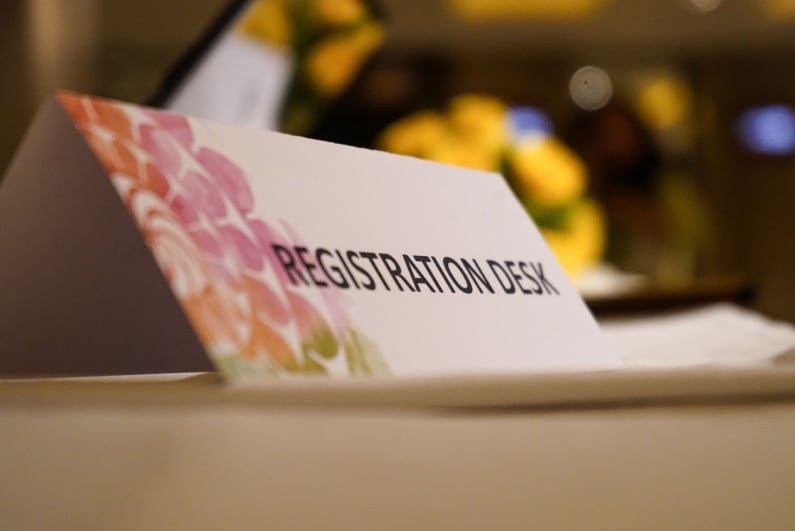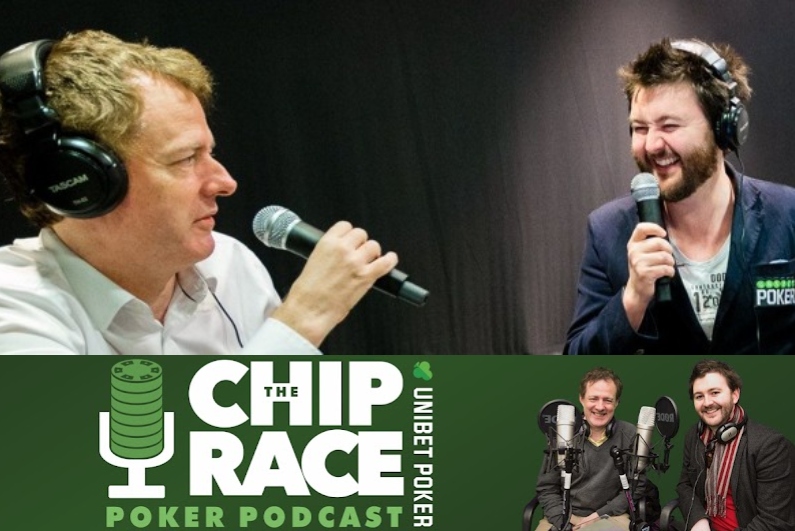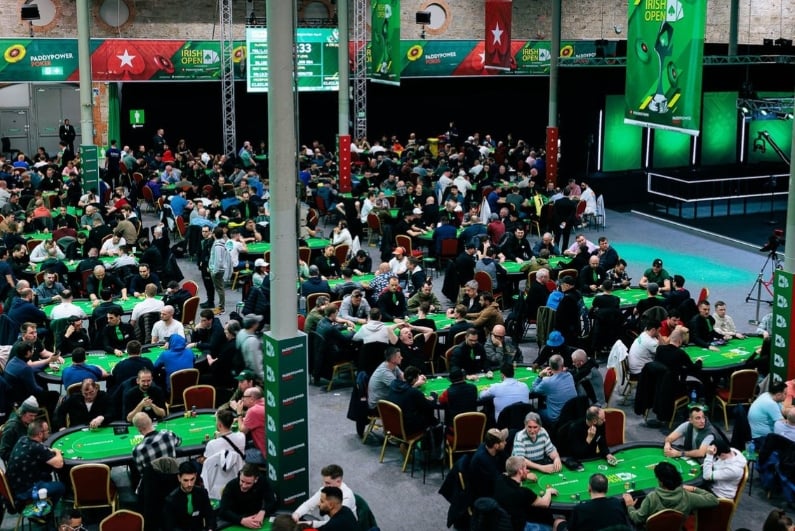The beginning
It’s 2007 and I’m in my 42nd year on the planet. Feels like a good time for a mid life crisis, but I’ve never liked drama so I’m settling for mild midlife ennui. I’m making a more than comfortable living from my tech consultancy business, but starting to find it an unsatisfying mix of boring and exhausting. As a freelancer, I simultaneously stress about being too busy and not busy enough. Fear of sitting in unpaid idleness tends to cause me to take everything that’s offered.
Things came to a head about a year ago when I was effectively triple jobbing, commuting back and forth to London from Dublin three times a week. My brother’s girlfriend found me almost choked to death on their bathroom floor, trying to dislodge a mysterious mucus I was coughing up, or attempting to. I promised my wife to take it as a warning sign, and not push so hard. At the same time, my career as an international ultrarunner was winding down, and I was wondering what I could try next to scratch my competitive urges (previously, chess, bridge and backgammon had all satisfied those urges for a while).
those that work the hardest and the smartest win in the long term
Late one night I saw poker on TV, and my first impression as I looked on players of all shapes and sizes was age didn’t seem to matter. I had my brother teach me the basics, and I started playing online. I was a winning player right out of the gate, and within a few months I was making more playing poker in my spare time between meetings than I was from the day job. Attracted by the strategy and the meritocracy that is poker where those that work the hardest and the smartest win in the long term, I told my wife I’d found an alternative livelihood that wouldn’t require as much travel or time in front of my computer. Turns out I was wrong on both counts, but almost two decades on, I have no regrets about that decision.
Black Friday
I wake up on a day that would retroactively become infamous as “Black Friday” in online poker to a frantic voicemail from a friend who works for Full Tilt, one of the two big sites of the time.
“I can’t say why, but pull all your money off the site right now.”
I do. A short while later after my morning coffee, I remember there is also a French version of the site I play on and keep a much smaller amount of money on, and try to pull that off too. Too late.
What has happened is this: a few years earlier a lame duck politician has tacked on a rider to an unrelated bill that effectively outlaws online poker in the US (or more precisely, transfers associated with it), to please a rich sugar daddy donor who controls some of the biggest physical casinos in the land, and doesn’t like online competition. The biggest site of the day, Party Poker, decides to comply, opening the door for two of their non-US based competitors, PokerStars and Full Tilt, to increase their market shares to mutual market dominance levels by ignoring the UIGEA. They gambled on being out of jurisdiction or at least reach of US regulators. They not only got away with the gamble but prospered from it until Black Friday, when the DOJ seized their .com websites, effectively shutting them down in the US (and temporarily everywhere else). Stars quickly rebooted on a new domain, but Full Tilt, unable to cover player withdrawals when the inevitable run on the bank started, went effectively bust.
players were coming to terms with the fact that their livelihood was now outlawed
In America, thousands of online professional players were coming to terms with the fact that their livelihood was now outlawed. Some relocated north to Canada or south to Mexico or Costa Rica, others had to accept it was the end of the road for their poker dream.
Becoming a coach
That summer, many headed to Vegas for a last hurrah at the WSOP before they found alternative employment. The atmosphere was a strange one of retirement party meets final blowout.
My eldest son came with me and I told him for the first time I wasn’t sure about my latest career. Not just the fact that it could be regulated out of existence on the whim of a lame duck politician with a wealthy donor to squeeze for one last contribution, but also it wasn’t clear to me what I as a professional player was contributing to society. My son, an idealistic young man with solid ecowarrior credentials, shrugged and pointed out a job that does no good is better than the multitude of jobs that objectively make the world a worse place. He also pointed out that the proceeds could be put to good use, and that at a time when many young people in Ireland were struggling to find any type of career, I could perhaps help guide some towards this lucrative one.
Over the next few years I did just that, staking and coaching several young players into the professional poker ranks. It gives me considerable satisfaction that many are now raising families in houses they bought with their profits from the game and continuing to provide for them and their families from the game.
Rumblings in Ireland
A few months ago I heard a familiar rumble, with stories of a new bill working its way through the Irish system. At first I dismissed any potential threat, believing that surely our politicians were far too sensible to pass the kind of draconian regulations introduced by incompetent or corrupt politicians that killed online poker in several other countries. But recent rumblings have shaken that confidence and at the very least it’s not clear what the exact details of the new regulations will be. There’s vague mention of a €10 ($10.41) maximum stake and €3,000 ($3,122) maximum payout. Reportedly this relates to slots, but the fact that horse racing sought and received a specific exemption as “a sport” is not entirely reassuring as it suggests it will be applied to other areas. It’s not at all clear if poker is one of them and it goes without saying that if it is, that will kill the game in Ireland as effectively the UIGEA killed online poker in the US. The idea that regulators would rule that it’s fine for gamblers to bet any amount they want on a horse but not on a poker hand is bizarre, but stranger things have happened when it comes to regulators.
I know one problem gambler whose life was turned around by poker
The argument is that problem gambling is a societal curse, and the only way to stop it is to impose limits. The issue I have with that is in all my time in poker, I don’t know a single problem gambler driven to ruin by poker. It just isn’t the drug of choice of problem gamblers, who can get much more instant or near instant fixes in just about any other form of gambling, including betting on horse races! To the contrary I know one problem gambler whose life was turned around by poker. His gamble of choice was, as it so often is with problem gamblers, slots, and he battled the uniquely powerful addiction the machines engender. He unsettled into a permanent cycle of dead end jobs, abstinence, relapse, and financial collapse, until one social worker assigned to him did some out of the box thinking.
“Have you ever considered online poker? That’s a game where you can win long term if you understand the strategy”
He hadn’t, but did, and prospered in a new livelihood that also scratched his need for gamble. It would be deeply ironic if legislation that purports to help solve the issue of problem gambling drive him from his new profession back into the arms of slots.




